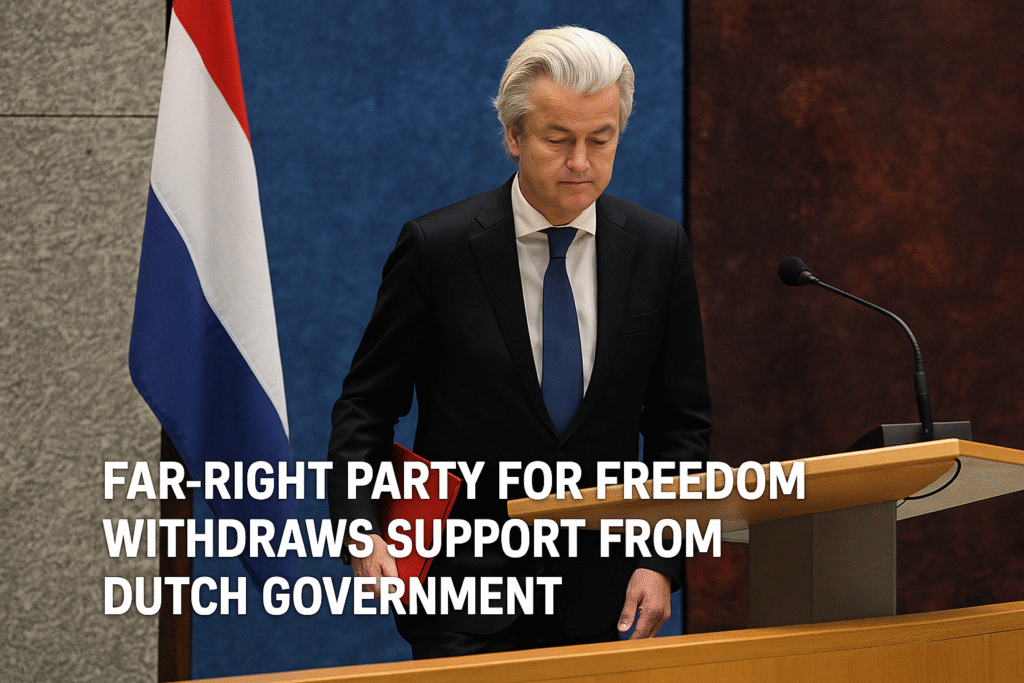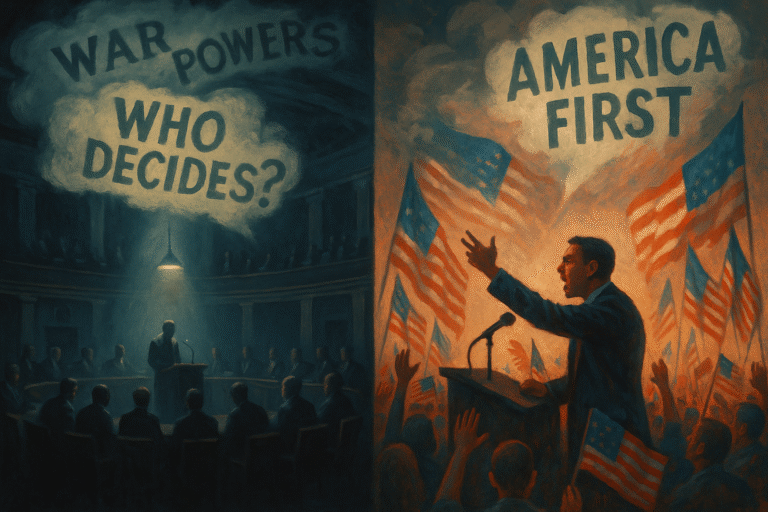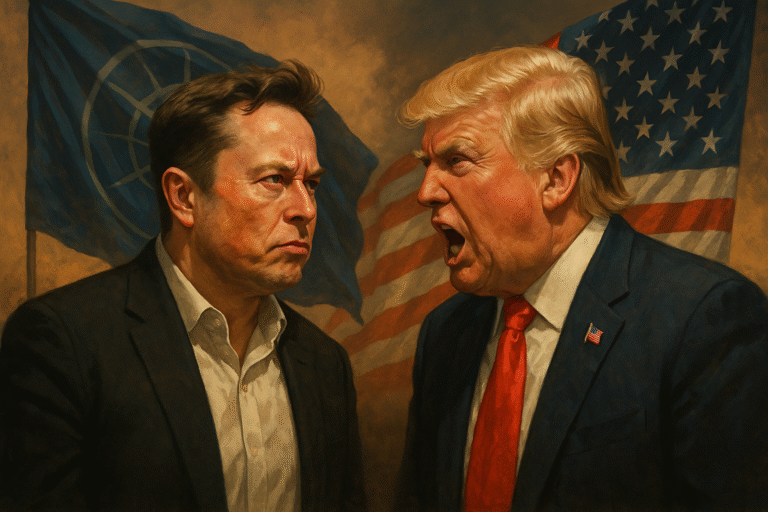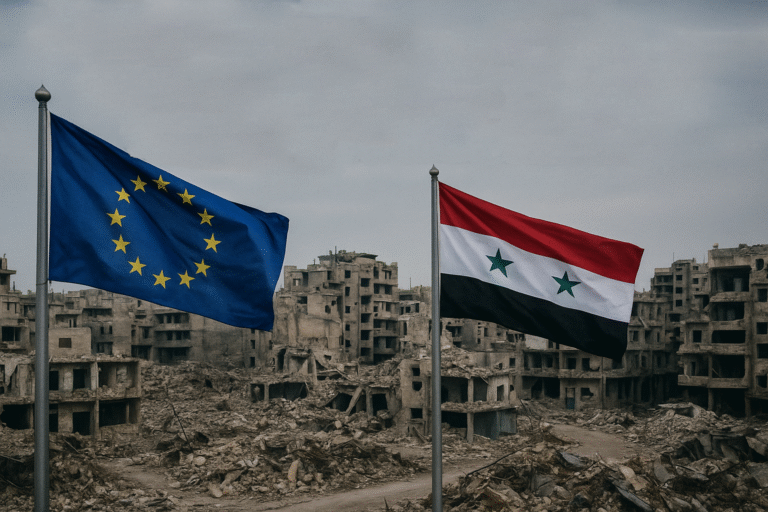
Source CNN: https://edition.cnn.com/2025/06/03/europe/netherlands-government-collapse-geert-wilders-intl
The far-right Party for Freedom (PVV), led by Geert Wilders, has withdrawn its support from the Dutch government over asylum policy disagreements. Wilders claims the coalition failed to adopt the strict asylum measures the PVV demanded. His decision collapses the current right-wing government, leaving Prime Minister Dick Schoof to lead a caretaker government. While Wilders’ PVV remains the largest party according to polls, its chances of forming a new government remain uncertain due to the Netherlands’ fragmented multi-party system. The situation has reignited calls for new elections and revealed deeper tensions around immigration, populism, and coalition governance.
Commentary:
“I signed up for the strictest asylum policy, not for the downfall of the Netherlands,” Wilders told reporters Tuesday morning.
Populism & Moral Panic — Stuart Hall, Chantal Mouffe & Ernesto Laclau
This statement dramatizes the asylum issue by positioning Wilders as a defender of the nation, aligning with Laclau’s theory of populist reason, where political identity is built through a dichotomy of “the people” versus “the corrupt elite” or “threatening outsiders.” Wilders invokes a moral panic—a term Stuart Hall used to describe exaggerated societal fears—which frames asylum-seekers as existential threats to the nation-state.
“Our responsibility for this cabinet therefore ends here.”
Political Strategy and Hegemony — Antonio Gramsci
This is a classic move of passive revolution: Wilders rejects institutional compromise in favor of ideological purity, aiming to reassert hegemony over the immigration discourse. Gramsci would see this as a strategy to retain leadership over a societal bloc by refusing to legitimize compromise or gradualism.
Wilders’ decision to withdraw support for the most right-leaning government in Dutch history has plunged the country’s politics into chaos.
Post-Politics & Governance — Jacques Rancière, Chantal Mouffe
The idea that even the “most right-leaning” government isn’t radical enough for Wilders shows how post-political consensus breaks down. Mouffe critiques this technocratic governance model that evacuates antagonism; Wilders reintroduces agonistic conflict, pushing the debate back into raw ideological territory.
“We proposed a plan to close the borders to asylum seekers, to stop them, to send them away. To stop building asylum-seeker centers, to close them.”
: Biopolitics & Sovereignty — Michel Foucault, Giorgio Agamben
This rhetoric expresses a desire to exercise absolute sovereignty over the biopolitical management of populations (Foucault). The language of “closing” and “sending away” signals a state of exception (Agamben), where refugees are rendered bare life—excluded from rights, reduced to biological threat.
“Wilders has a long history of anti-Islam and anti-immigrant rhetoric […] his party calls for ‘no Islamic schools, Qurans, and mosques.’”
Cultural Racism & Symbolic Violence — Pierre Bourdieu, Etienne Balibar
Here, symbolic exclusion substitutes traditional racism with cultural racism (Balibar), treating Islam not as a religion but a cultural contaminant. According to Bourdieu, such discourse constitutes symbolic violence, legitimizing marginalization under the guise of defending liberal values like secularism.



